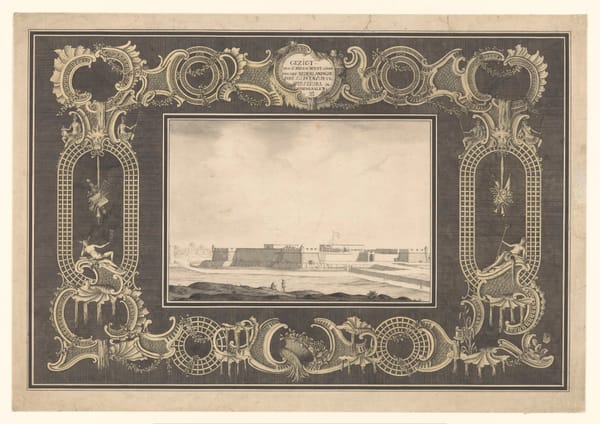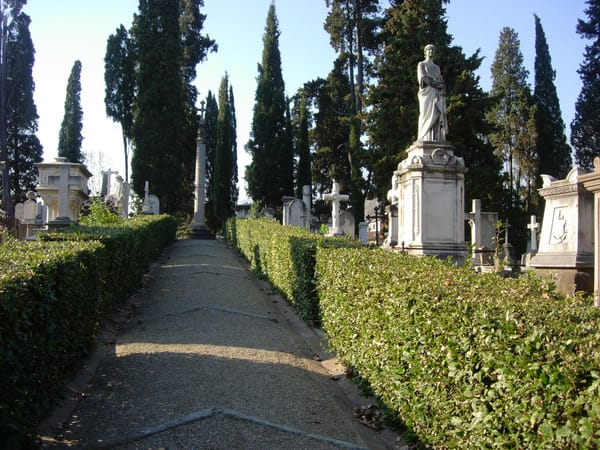An Unsuccessful Archival Search for "Mister Perez/Peres/Pīrīz" of Surat

One of the constant frustrations faced by a historian of early modern Asian economic life is to encounter the name of an Asian merchant in European sources and then search fruitlessly for any corresponding 'indigenous' source. Little, however, is said concerning the inverse problem, namely: what does one do when a European actor is mentioned in an indigenous source, but no parallel reference can be found in the much more voluminous European sources? Such failures serve simultaneously as a reminder of the empirical limitations of the European archives as well as a prompt to bring early modern Asian sources (even those written long after the events they describe) to bear on those same repositories.
The starting point for this post was a single-line reference to a certain "Mr. Perez" in a massive Arabo-Gujarati history published in the 1880s. This text in question concerned the history of the Daudi Bohras, an Ismaili Shiʿi Muslim commercial caste based in Western India. In this particular section, the writer, Jivabhai, was recapitulating the history of the community in the second half of the eighteenth century. At this point the Daudi Bohra's religious head (the dai al-mutlaq) split his time between the town of Ujjain (in Maratha territory) and Surat (since 1759 under the rule of the East India Company, with little more than a fig-leaf of native sovereignty in the guise of a local nawab). When the Bohra's dai al-mutlaq had an extended spell in Surat he became acquainted with the aforementioned "Mr. Perez," who Jivabhai defined as a "commissioner," presumably for the East India Company (Jivabhai, Mawsim-i bahār, 536).
Yet who was Perez? His surname suggests that he was most likely a Portuguese Jew and his title implies that his family had taken up residence in Britain and perhaps had become assimilated to some degree. However, this is only conjecture. Unfortunately, a dive into contemporary East India Company documentation does not turn up his name. The only reference to him that has materialized thus far appears in the preface to the English translation of the travelogue of the French adventurer, Pierre Marie François, Vicomte de Pagès. There it is stated that, in the course of his travels, the Vicomte de Pagès made the acquaintance of "Perez and Briancourt at Surat." (Pagès, Travels Round the World, vii). Yet de Pagès makes no mention of Perez in the sections of his text dealing with Surat. "Mr. Perez" appears again in early twentieth-century Bohra histories, but no trace can be found of him in the documentation of his own day and age (Maulana Sayyid Abu Zafar Nadvi, ʿIqd al-javāhir, 220).
As the case of Perez clarifies, far too often the trail runs cold when searching for individuals in the early modern Indian Ocean, even across archives, languages, and centuries. That fact applies as much to European actors as it does to Asian ones.
Sources
Muhammad Alibhai Javid Jivabhai, Mawsim-i bahār fī akhbār al-tạ̄hirīn al-akhyār (Bombay: Matḅaʿ Hạidarī Sạfadrī, 1882).
Maulana Sayyid Abu Zafar Nadvi, ʿIqd al-javāhir fī ahṿāl al-bavāhir (Ahmedabad: Khāksār Muʿizz Miyān, 1975 [?]).
Monsieur de Pagès, Travels Round the World In the Years 1767, 1768, 1769, 1770, 1771, Vol. 3. (London: J. Murray, 1792)





